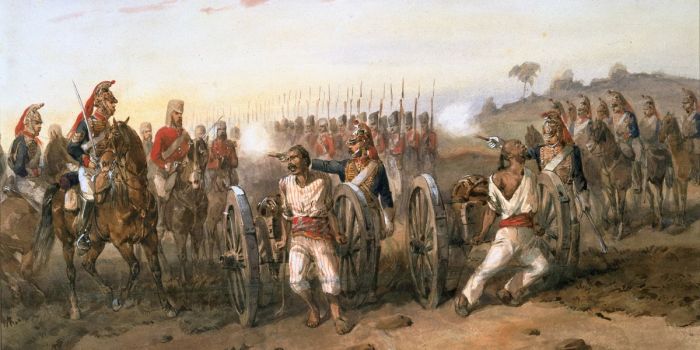
This week, just ahead of the next round of marking that will fall due in mid July, I’ve managed to return to my current research project. Nether World is a study of late Victorian London through the lens of the Police Magistrate courts. Commissioned by Reaktion Books it will explore the rich culture of everyday life in the metropolis in the period c.1840-1900.
Today I have mostly been looking into the lives of costermongers, the people that sold fruit and veg and other ‘perishables’ from barrows. Increasingly their tradition of wheeling and then stationing their barrow on the street, so their customers could easily come and buy from them, came into conflict with property owners and local authorities who wanted to keep the thoroughfares of the city free and open to a growing commercial and private transport network.
From 1829 onwards the capital had a new weapon to use against this form of itinerant trading: the men of Peel’s Metropolitan Police. Given that the ‘New’ Police were tasked with patrolling the streets during the day (when the old watch had only done so at night) it was inevitable that they would quickly clash with these traditional street vendors.
Costermongers were fiercely independent, rebellious in their dress and outlook, and had little time for ‘middle class moralizing’ and attempts to suppress or restrict their way of life. As a result the police engaged in a long running battle to force them to conform to set pitches and markets rather than be allowed to trade where they liked. Using the wide-ranging powers given by the highways acts costers were constantly being asked to move along and were arrested or summoned to court if they refused.
This caused considerable resentment within the costermonger community and it is hardly surprising that one trader admitted to Henry Mayhew (the celebrated journalist and social investigator) that it was considered legitimate to punch a policeman.
‘To serve out a policeman is the bravest act by which a coster-monger can distinguish himself. Some […] have been imprisoned upwards of a dozen times for this offense […]’, one explained.
Henry Mayhew, London Labour And The London Poor, (London, 1851),
In November 1858 Lloyd’s Newspaper reported the sitting magistrate at Clerkenwell was ‘engaged for some considerable time’ in processing the costermongers that the police had arrested on the preceding Saturday evening. No less than 17 costermongers had been brought before Mr Corrie. They had been locked up and their barrows and stock removed to the Green Yard.
One defendant had been locked up for 36 hours before being bailed at 11 in the morning. When he went to collect his barrow he was at first refused it and then later, when he returned, he found all his stock of apples had been carelessly thrown into a sack so that they were now bruised and unsalable. Another man, that sold fish, got out of lock-up to find is stock left in the yard without any care and so, similarly, spoiled and valueless.
‘Some of the defendants’, the paper reported, ‘remarked that the only way they had of earning bread for their families was by selling fruit in the streets’.
They were given little or no notice by the police to move along, and most times their barrows were ‘causing no obstruction’ and yet they were ‘treated and pushed about like felons’. Despite having some sympathy for their situation the magistrate still found for the police and although he waived the fines for those locked up for hours, imposed a shilling fine on everyone else.
No wonder them that the costermongers of London viewed the capital’s police with contempt. In their eyes they were only trying to earn a living, which was being thwarted by the police who they must have seen as the friends of their rivals, the lower middle class grocers that had fixed places to sell their wares.
Nowadays of course we are used to the idea that most trade takes place in shops and while markets exist, these are mostly periodic not daily concerns. The modern retailer’s grumbles about the unrestricted and low-cost competition offered online might find an echo in the grumbles of costers forced off the streets by Victorian shopkeepers and their ‘friends’, the police.
[from Lloyd’s Illustrated Newspaper, Sunday 7 November 1858]







